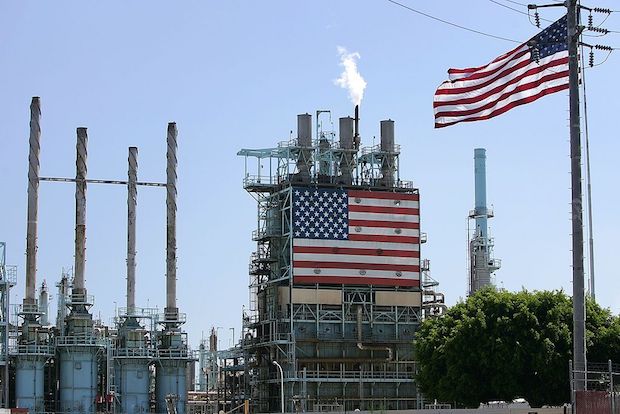Not so long ago, you could judge the stability of the Middle East by looking at the oil price. Now: not so much. In the last week, we’ve seen American drones kill an Iranian general and Tehran fire missiles at two American bases in Iraq, yet the price of oil remained relatively stable. It climbed four per cent on Tuesday evening, when there was talk of all-out war, but it settled back down throughout the week.
Given how much oil used to dominate foreign affairs – and how its price served as one of the first major indicators of global conflict – it’s worth looking a little more at this dog that didn’t bark.
The 2003 Iraq War was seen by critics (and some supporters) as an attempt made by America to secure stable oil production. From wars to partnerships, America’s reliance on oil imports has dominated our conversations around Middle Eastern policy, or helped to explain why the ‘land of the free’ would cut deals with the brutal Saudi regime and others.








Comments
Join the debate for just $5 for 3 months
Be part of the conversation with other Spectator readers by getting your first three months for $5.
UNLOCK ACCESS Just $5 for 3 monthsAlready a subscriber? Log in